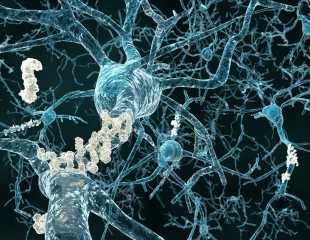The Vanderbilt Memory and Alzheimer's Center is recruiting individuals age 50 and older to participate in a study researching early drivers of Alzheimer's disease.
Established in 2012 by Angela Jefferson, PhD, professor of Neurology and founding director of the Vanderbilt Memory and Alzheimer's Center, the Vanderbilt Memory and Aging Project was among the first studies to research the long-term connection between heart health and brain health.
This is not just a professional passion for me, it is also quite personal. I know, having multiple family members affected by Alzheimer's disease, just how complicated this disease is – how frustrated and helpless you can feel. I want to be part of the solution to ensure that other families don't experience what my family went through."
Angela Jefferson, PhD, Professor of Neurology and Founding Director of the Vanderbilt Memory and Alzheimer's Center
Neuroscience eBook

The Vanderbilt Memory and Alzheimer's Center needs to enroll at least 1,000 people age 50 and older -; particularly people of color who are disproportionally impacted yet historically underrepresented in research. Jefferson and her colleagues are hopeful that Alzheimer's could become a preventable disease in the future, if the underlying drivers of the disease are identified and targeted with an early treatment.
Study participants will need to come to Vanderbilt University Medical Center in Nashville, Tennessee, every two years for follow-up. Individuals from underrepresented racial and ethnic backgrounds are strongly encouraged to volunteer.
To get involved, people can visit https://www.vumc.org/vmac/joinstudy to complete an interest survey, or they can call the recruitment line at 615-875-3175.
Vanderbilt University Medical Center
Posted in: Medical Research News | Medical Condition News
Tags: Aging, Alzheimer's Disease, Brain, Heart, Neurology, Research
Source: Read Full Article
